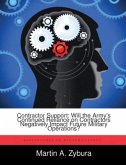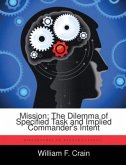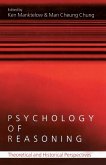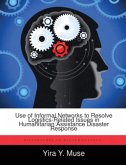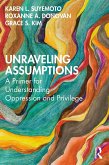The selection of a contractor for task award using the IDIQ contract often involves dynamics and relationships that are difficult to understand. There are unanswered questions that relate to how government agents define "best value" to the government. The selection decisions often differ between government agents. The government streamlined the acquisition process by creating the multiple award IDIQ contract. Government agents are relied upon to make sound business judgments in determining which contractor represents the best value to the government. Informal influences can impact the determination of the final selection of a contractor. This thesis attempts to create a better conceptual framework for the informal influences that affect the dynamic selection process of contractors for task award. The research consisted of interviews with members of government agencies that routinely make IDIQ contract task awards. Results indicate that informal, or soft, factors play a large rolein determining which contractor will be awarded a task. The most influential factors that affect task award are identified and discussed in depth. The research determined that some marketing processes can be totally ineffective or even counterproductive at times. The results also show that formal rating systems are often replaced by informal peer networks. Existing research on selection processes in the private sector proved comparable to processes used at the government agencies participating in this study.
Bitte wählen Sie Ihr Anliegen aus.
Rechnungen
Retourenschein anfordern
Bestellstatus
Storno



